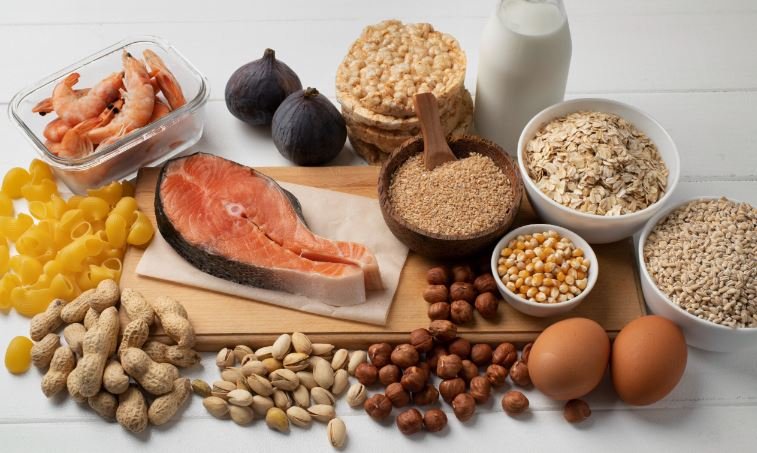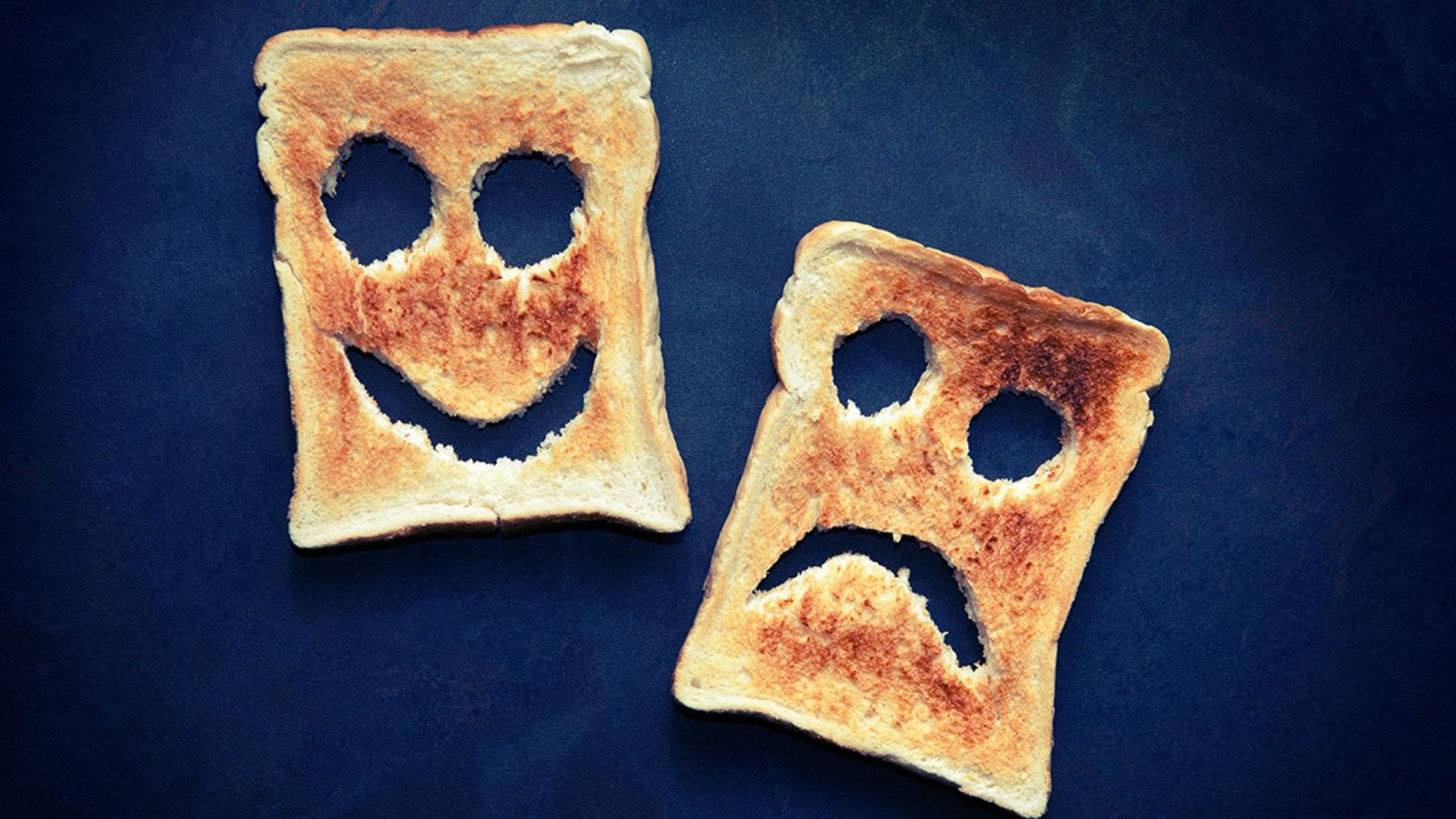Hydration plays a crucial role in maintaining overall health, and it also significantly impacts weight loss. Drinking enough water is more than just quenching thirst; it can support your weight loss efforts and help you achieve your health goals. Here’s how hydration affects weight loss and how you can make the most of it.

How Hydration Supports Weight Loss
Firstly, staying hydrated can aid in weight loss in several key ways. Water helps regulate your metabolism, control your appetite, and improve your overall bodily functions, all of which contribute to effective weight management.
1. Water Boosts Metabolism
To begin with, drinking water can help boost your metabolism. When you’re well-hydrated, your body can more efficiently burn calories. Research shows that drinking cold water can temporarily increase your metabolic rate because your body uses energy to warm the water to body temperature. This boost in metabolism can help you burn more calories throughout the day.
2. Water Helps Control Appetite
Furthermore, water can help control your appetite and reduce the likelihood of overeating. Sometimes, feelings of hunger can actually be mistaken for thirst. Drinking a glass of water before meals can help you feel fuller, which may lead to consuming fewer calories. Staying hydrated throughout the day ensures that you can differentiate between true hunger and thirst, helping you make healthier eating choices.
3. Enhances Exercise Performance
Additionally, proper hydration is essential for optimal exercise performance. When you’re well-hydrated, your body functions more efficiently during physical activities. Water helps maintain electrolyte balance, regulates body temperature, and prevents fatigue. Effective workouts can lead to greater calorie burn and support your weight loss efforts.
4. Aids Digestion and Reduces Bloating
Moreover, water is vital for good digestion. It helps dissolve nutrients and move food through your digestive system. Staying hydrated can prevent constipation and reduce bloating, which often results from dehydration. Proper digestion and reduced bloating can contribute to a more comfortable and effective weight loss experience.
5. Supports Overall Health
Furthermore, hydration supports overall health, which is essential for maintaining a successful weight loss plan. Proper hydration helps keep your skin healthy, your joints lubricated, and your organs functioning properly. When you’re in good health, you’re more likely to stay active and motivated, which can enhance your weight loss efforts.
Tips for Staying Hydrated
To maximize the benefits of hydration for weight loss, consider these tips:
- Drink Water Regularly: Aim to drink at least 8 glasses (about 2 liters) of water a day. Adjust this amount based on your activity level, climate, and individual needs.
- Start Your Day with Water: Begin your day by drinking a glass of water. This can kick-start your metabolism and help you stay hydrated throughout the day.
- Carry a Reusable Water Bottle: Keep a water bottle with you at all times. This makes it easy to drink water throughout the day and ensures you stay hydrated.
- Include Hydrating Foods: Eat foods with high water content, such as fruits and vegetables. Examples include cucumbers, watermelon, and oranges.
- Monitor Your Hydration: Pay attention to signs of dehydration, such as dark urine or dry skin. Adjust your water intake as needed to stay properly hydrated.
Conclusion
In conclusion, hydration plays a significant role in weight loss by boosting metabolism, controlling appetite, enhancing exercise performance, aiding digestion, and supporting overall health. By drinking enough water and maintaining good hydration practices, you can support your weight loss goals and improve your overall well-being. Incorporate these hydration tips into your daily routine to maximize the benefits of water for effective weight management.




